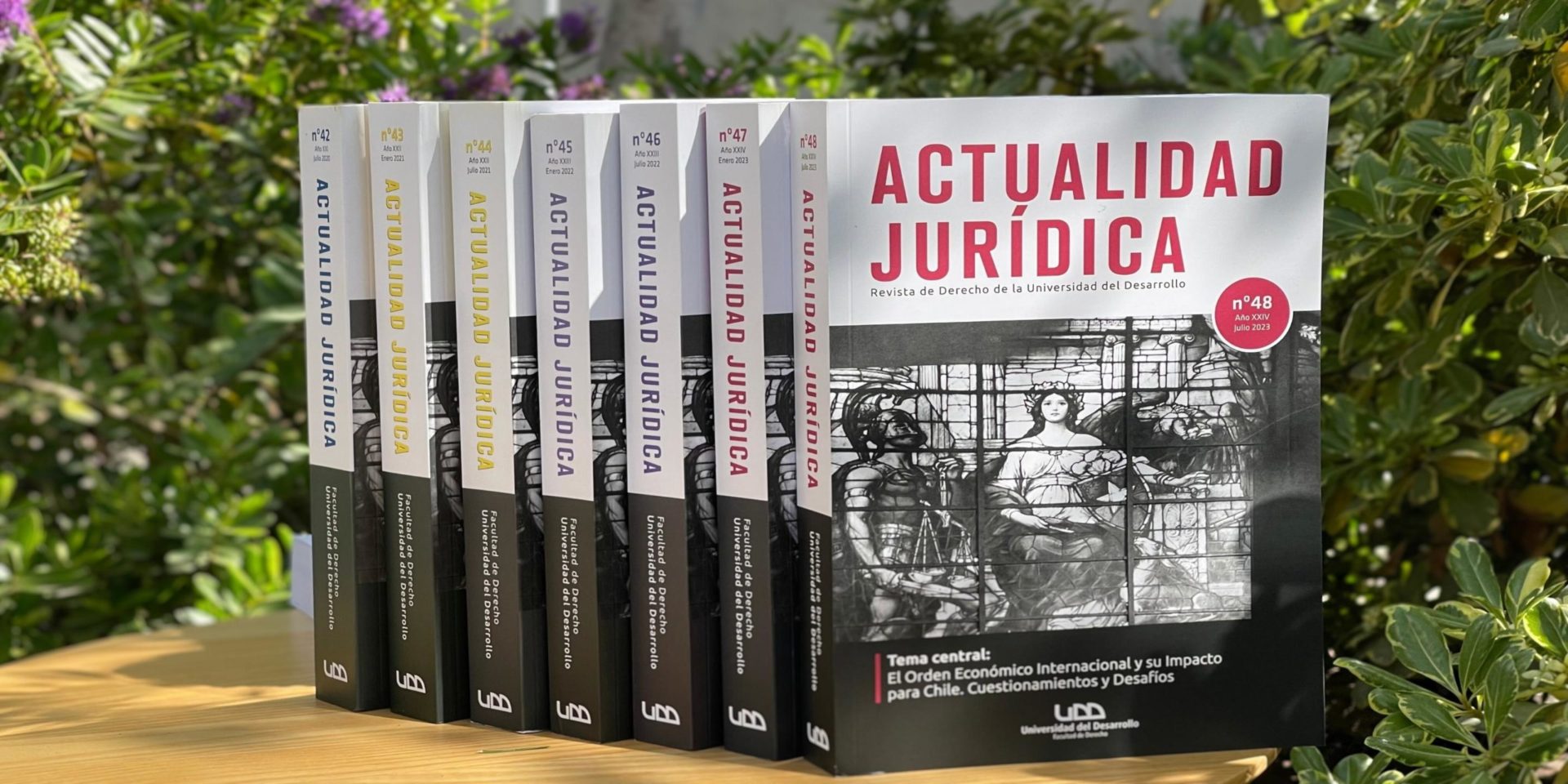El abandono de la querella. Repensando los efectos de la sanción procesal a la luz de la garantía de protección que asiste a la víctima
Resumen
Este ensayo efectuará un análisis crítico en torno a la inconveniencia de otorgar una hermenéutica amplia al uso de la sanción de abandono de la querella y su correlativo efecto previsto en el artículo 121 del Código Procesal Penal, en específico para el caso en que el ofendido figure como querellante. Lo anterior, por cuanto, de suscribir una variable interpretativa laxa sobre la sanción en comento, ello no solo iría en franca contradicción con las directrices axiológicas plasmadas en la ley en beneficio de la víctima, sino que, también, se soslayaría el posicionamiento y trascendencia que de forma gradual ha ido adquiriendo en la escena penal. Es así como, a partir de su reconocimiento formal como sujeto procesal, se adiciona la consagración de un catálogo explícito de derechos que avala el actual estatus de la víctima, sin desconocer, además, la inclusión de un principio rector que aboga por garantizar la vigencia de sus derechos. Por tal motivo, se controvertirá –a través del empleo de una herramienta interpretativa pro homine– la pertinencia y coherencia sistémica de atribuir al abandono de la querella un efecto tan radical como privar a la víctima de los derechos que pueda ejercer como querellante, por cuanto dicho derrotero conduciría a una flagrante vulneración al deber de tutela que el Código Procesal Penal ha encomendado a la judicatura en relación con la vigencia de sus derechos, entre ellos el de querellarse.
Abstract
This essay intends to carry out a critical analysis regarding the inconvenience of granting a broad hermeneutic to the use of the sanction of abandonment of the complaint and its correlative effect foreseen in article 121 of
the Criminal Procedure Code, specifically in the case that whoever appears as plaintiff is the one offended by the crime. The foregoing, inasmuch as we understand that, by signing a lax interpretative variable on the precept in question, not only would the clear axiological guidelines embodied in the law for the benefit of the victim be ignored, but the positioning and significance that this has gradually gained acquiring at the criminal scene. This is how, from its formal recognition as a procedural subject, the consecration of an explicit catalog of rights is added that guarantees the current status of the victim, without also ignoring the inclusion of a guiding principle that advocates guaranteeing the validity of their rights. Rights. For this reason, this essay will seek to dispute, from the use of a pro homine interpretation tool, the relevance and systemic coherence of attributing to the abandonment of the complaint an effect as radical as depriving the victim of the rights that he can exercise as a complainant. since said course would lead to a flagrant violation of the duty of protection that the Code of Criminal Procedure has entrusted to the judiciary in relation to the validity of their rights, including the right to file a complaint.
